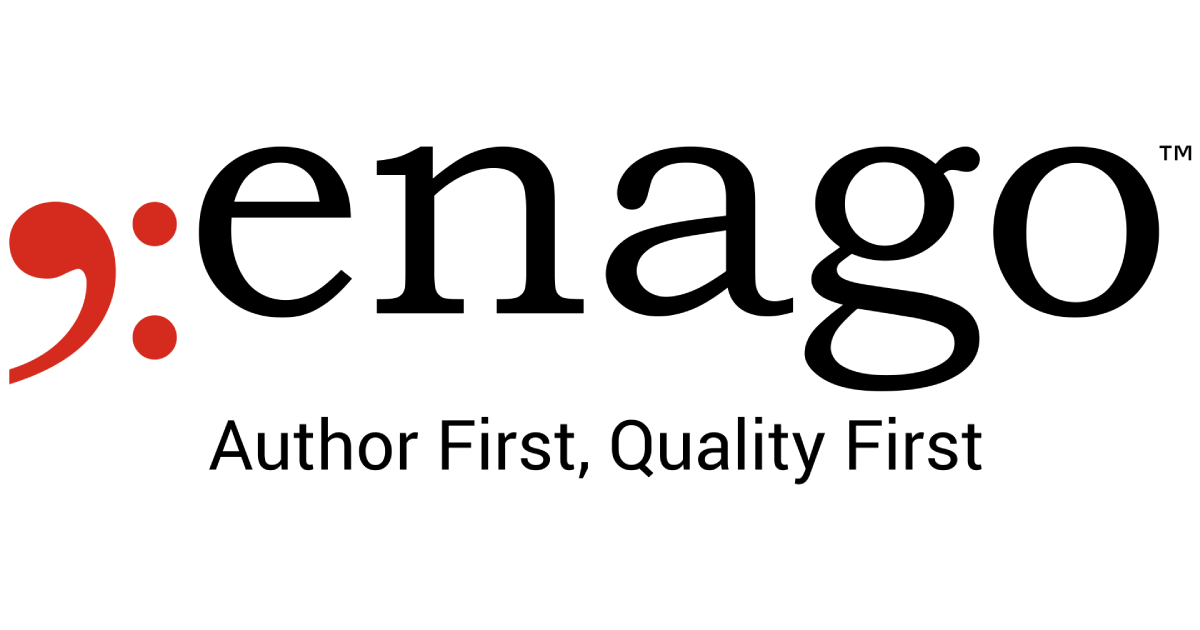
As predatory publishing increases and the lines of recognition become blurred, Faculty of Medical Sciences faculty and graduate students are encouraged to practice due diligence. Original research, once captured by predatory publishers, is forever lost and cannot be retracted. In addition, publishing in predatory (vanity) journals has the potential to compromise aspects of your professional development and careers. This Libguide presents a selection of fact-checking resources available (UWI-subscribed and free) for both faculty and graduate students to "do the research before the research" in order to ensure publications in reputable academic journals.
Faculty of Medical Sciences Postgraduate students:
ACCESS INFORMATION:
Cabell's Predatory Reports is a source for journal info, evaluation metrics, and submission details-for universities of any size. Real impact starts with finding the right audience. The Campus Libraries have access to the Blacklist. Works best with Google Chrome, Microsoft Edge and Mozilla Firefox
====o\/o==== Author's Note ====o\/o====
This guide provides a toolkit to help researchers identify potential predatory journals and publishers. The responsibility for deciding where to publish ultimately lies with the researcher/author. Do seek out the faculty's liaison librarian if you need additional guidance on predatory publishing practices, however any final determinations about the legitimacy of a journal or publisher must be made by individual researchers.
ULRICHSWEB GLOBAL SERIALS DIRECTORY
ACCESS INFORMATION:
This is a bibliographic database which provides detailed, comprehensive, and authoritative information on serials published throughout the world. It covers all subjects, and includes publications that are published regularly or irregularly and are circulated free of charge or by paid subscription.
====o\/o==== Author's Note ====o\/o====
DOAJ
ACCESS INFORMATION:
The Directory of Open Access Journals DOAJ is a community-curated online directory that indexes and provides access to high quality, open access, peer-reviewed journals. It is a useful tool for verifying the legitimacy of scholarly open-access publications. ACCESS: https://doaj.org/
====o\/o==== Author's Note ====o\/o====
ACCESS INFORMATION:
Journal Citation Reports - Social Sciences Edition (JCR) contains bibliometric analysis of over 1,400 journals in the social sciences and shows the relative importance of titles within their subject area. The Science Edition provides quantifiable statistical data that evaluates over 6100 leading international science journals illustrating their impact and influence in the global research. Users can sort data by defined fields such as impact factor, total cites, total articles, etc. JCR ranks journals by the frequency by which they have been cited and by their half life period.
====o\/o==== Author's Note ====o\/o====
Clarivate Analytics’
Master Journal List
Clarivate Analytics’ Master Journal List is a free searchable database of journals in the Core Collection of Web of Science, including the Impact Factor database.
 Enago is a leading global editing and publication support company that is also the patron sponsor of Directory of Open Access Journals (DOAJ). Enago's Open Access Journal Finder (OAJF) uses the DOAJ to help researchers locate quality, peer-reviewed open-access journals. OAJF is AI technology-driven and displays vital journal details, allowing researchers to filter results based on different parameters. Its security features ensure that any manuscript information entered is not saved or retained by OAJF.
Enago is a leading global editing and publication support company that is also the patron sponsor of Directory of Open Access Journals (DOAJ). Enago's Open Access Journal Finder (OAJF) uses the DOAJ to help researchers locate quality, peer-reviewed open-access journals. OAJF is AI technology-driven and displays vital journal details, allowing researchers to filter results based on different parameters. Its security features ensure that any manuscript information entered is not saved or retained by OAJF.
ACCESS INFORMATION:
====o\/o==== Author's Note ====o\/o====
Scopus Preview Free Journal Rankings and Metrics offers free metrics to non-subscribers.
====o\/o==== Author's Note ====o\/o====
